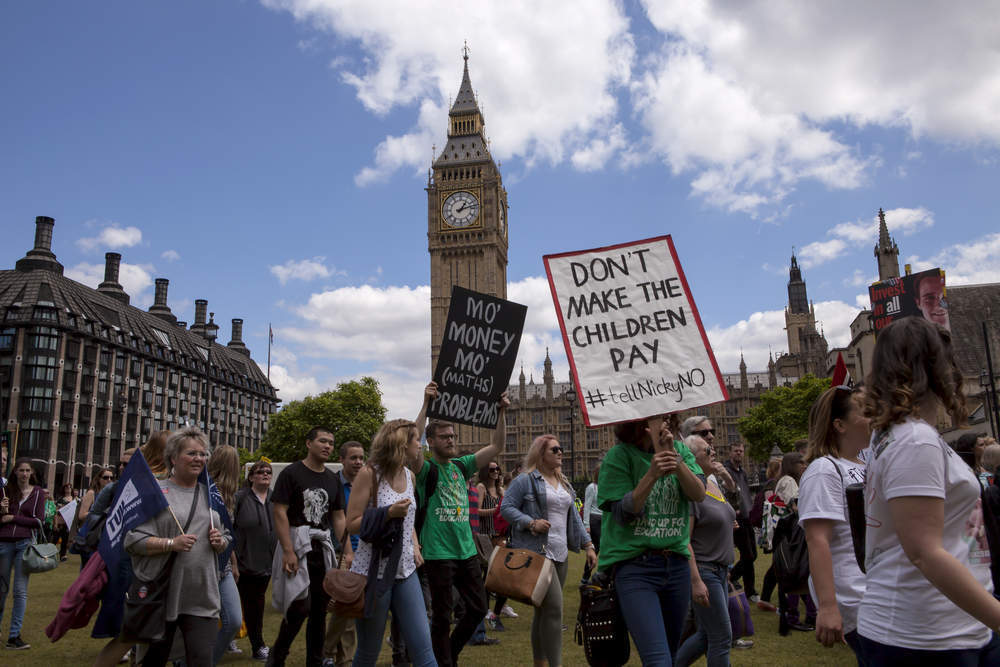
The UK diverging from European Union rules after it leaves the trading bloc in March 2019 will mean more costs than benefits for British business and the UK economy, according to a report by the British CBI employers’ group.
Of the 23 sectors surveyed over a period of six months, 18 said they would benefit from regulations that remain aligned with Brussels.
In a 90-page sector-by-sector analysis of the UK economy the CBI found that reduced regulation in the defence and construction procurement sectors due to Brexit would mean just a marginal benefit.
Meanwhile, rule changes for the agriculture, shipping and tourism sectors could also benefit from divergence.
According to the CBI:
Where rules are fundamental to the trade or transport of goods, such as in the automotive, chemicals and life sciences sectors, remaining in lockstep with the EU is essential.
How well do you really know your competitors?
Access the most comprehensive Company Profiles on the market, powered by GlobalData. Save hours of research. Gain competitive edge.
 Company Profile – free sample
Company Profile – free sampleThank you!
Your download email will arrive shortly
Not ready to buy yet? Download a free sample
We are confident about the unique quality of our Company Profiles. However, we want you to make the most beneficial decision for your business, so we offer a free sample that you can download by submitting the below form
By GlobalDataThe Brexit deal should set a new international precedent for liberalising trade in services and digital products.
It also outlines opportunities to improve how EU rules are implemented in the UK, such as procurement processes for the defence and construction industries, which would allow the UK to do things differently and better without diverging from EU rules.
However, groups that support Brexit have dismissed the report, claiming it ignores the benefits to vast sections of Britain’s economy and that it promoted the interests of big business.
What was said:
Carolyn Fairbairn, CBI Director-General, said:
It’s vitally important that negotiators understand the complexity of rules and the effects that even the smallest of changes can have. Deviation from rules in one sector will have a knock-on effect on businesses in others, and divergence from rules in one part of a production process will have consequences for market access throughout entire supply chains.
It’s hard to overstate the importance of the decisions that will be taken over the next six months. Put simply, for the majority of businesses, diverging from EU rules and regulations will make them less globally competitive, and so should only be done where the evidence is clear that the benefits outweigh the costs.
Richard Tice, co-Chair of Leave Means Leave, said:
This report from the CBI protects the vested interests of global multi-nationals at the expense of the approximately 90% of the UK economy that does not export to the EU.
It is quite extraordinary that this business lobby group wants to keep a load of unnecessary EU regulations that stifle growth and innovation, which will thus reduce wage growth potential for UK workers.
Why it matters:
Yesterday, Michel Barnier, the European Union’s chief Brexit negotiator, has demanded the UK sign a so-called non-regression clause to guarantee it remains aligned to EU rules after Brexit.
Barnier said that if the UK signed up to the clause, the remaining 27 EU governments would feel more confident supporting a future trade deal, without the worry the UK would not undercut EU standards on tax, health and the environment.
The CBI report suggests businesses are widely in favour of Barnier’s proposals.
The CBI set out three principles in its report that it said should guide both UK and EU negotiators:
- Where rules are fundamental to the trade or transport of goods, the UK and EU must negotiate ongoing convergence
- In the negotiation of the new relationship, both sides should look to set a new international precedent in the trade of services and digital products
- Alignment will need to come with mechanisms for influence and enforcement that benefit both sides
This morning one of Europe’s most senior bankers has warned the City of London needs to be ready for a “cliff edge” exit from the EU next year.
Speaking to the BBC’s Today programme Andreas Dombret, director of the German central bank, the Bundesbank, said a transition deal was not 100% certain and it was correct for a cautious regulator to ensure there was a plan in place should it fail to happen.







